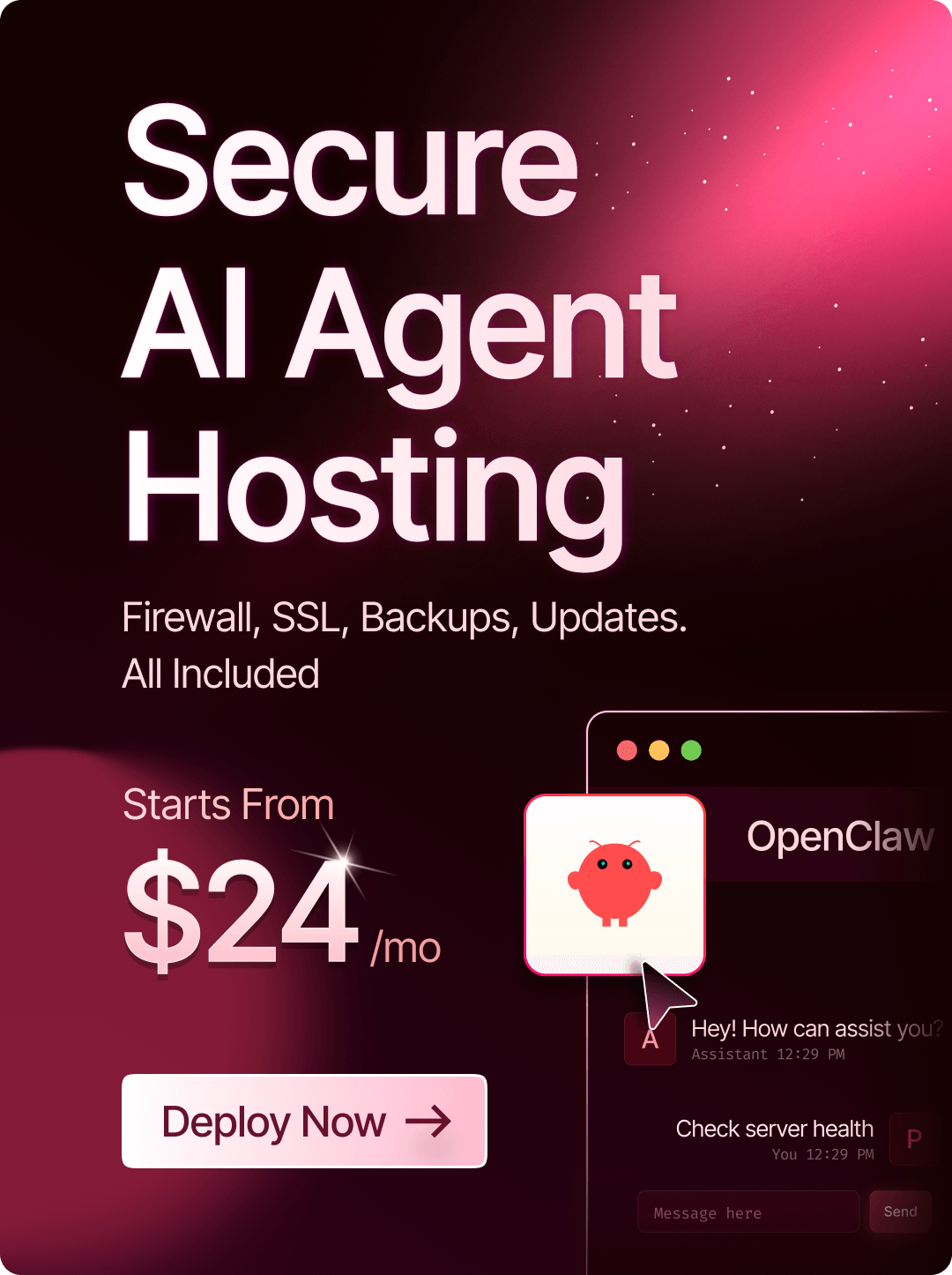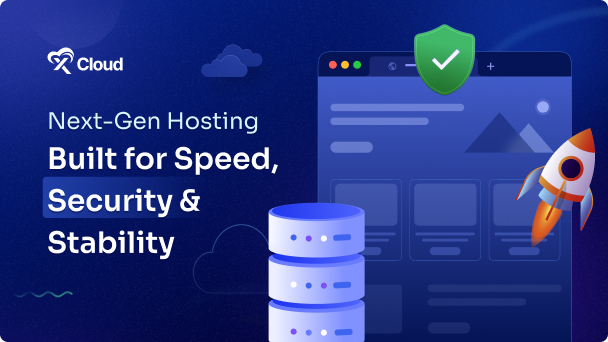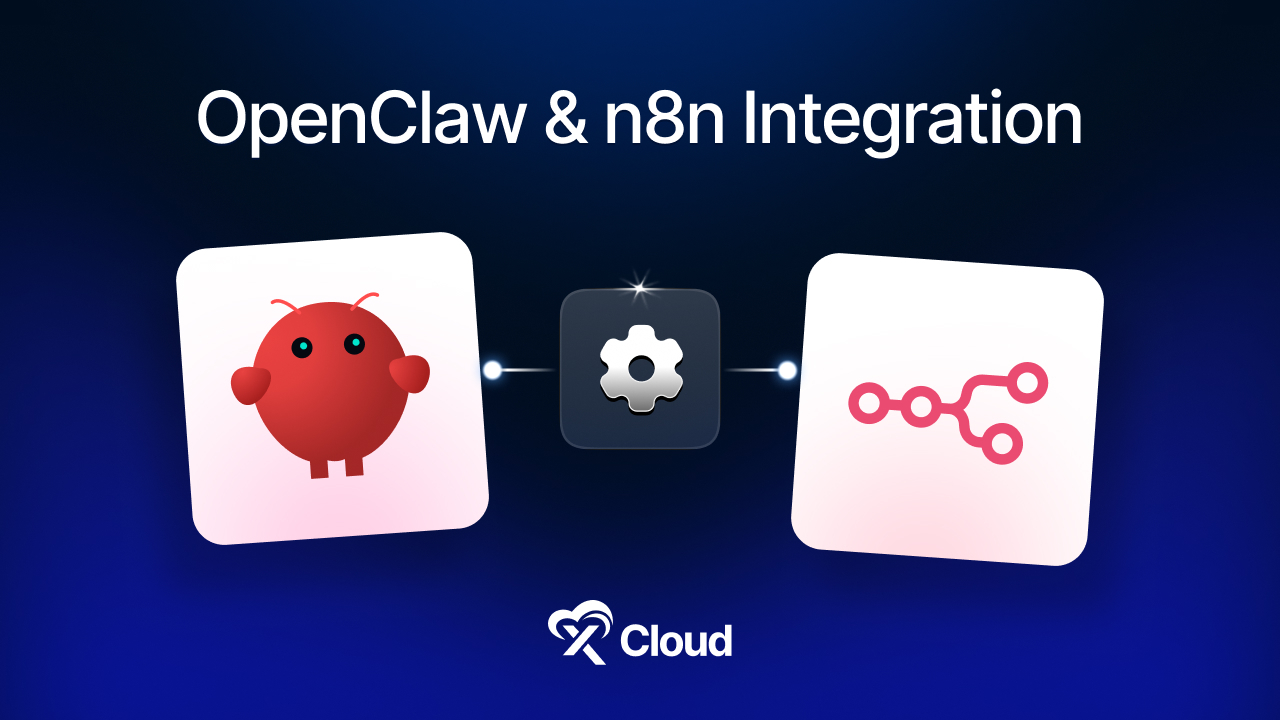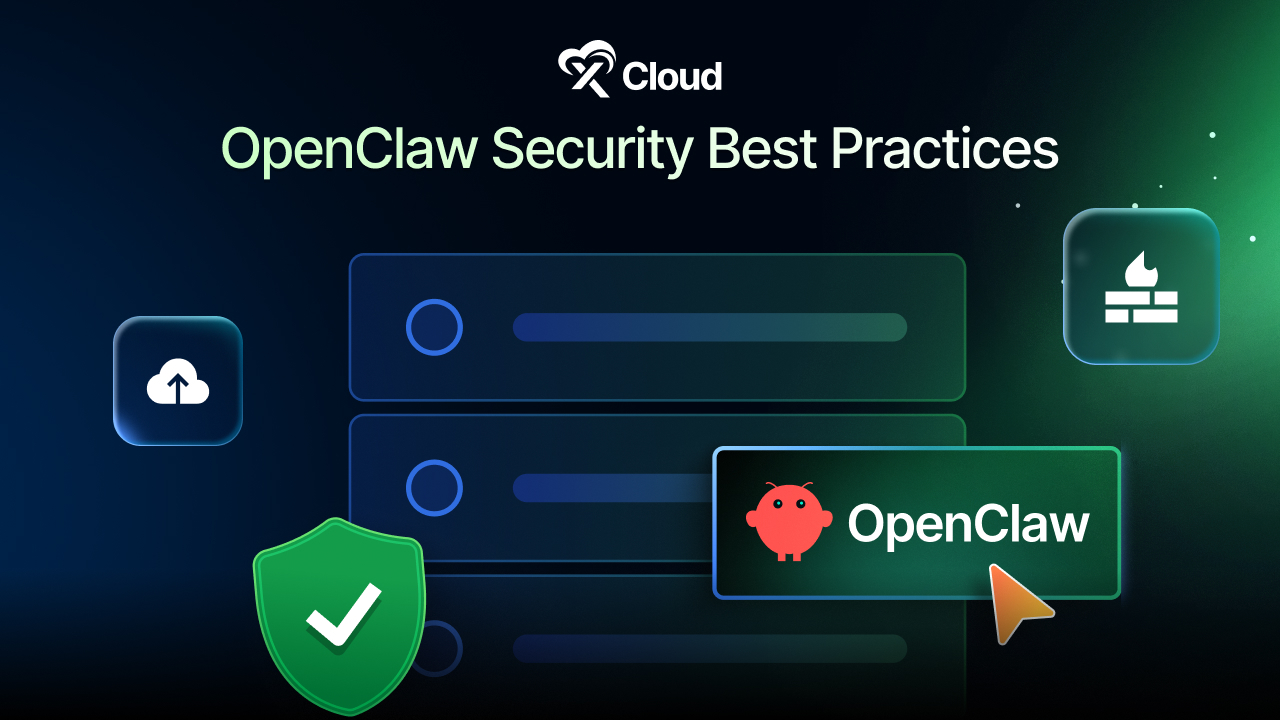Choosing the right hosting plan for your WordPress website is important. It affects your site’s performance, security, and ease of use. In this blog, we will explore self managed vs managed hosting options to help you decide which one is best for you. Read on to find out which hosting type suits your needs!
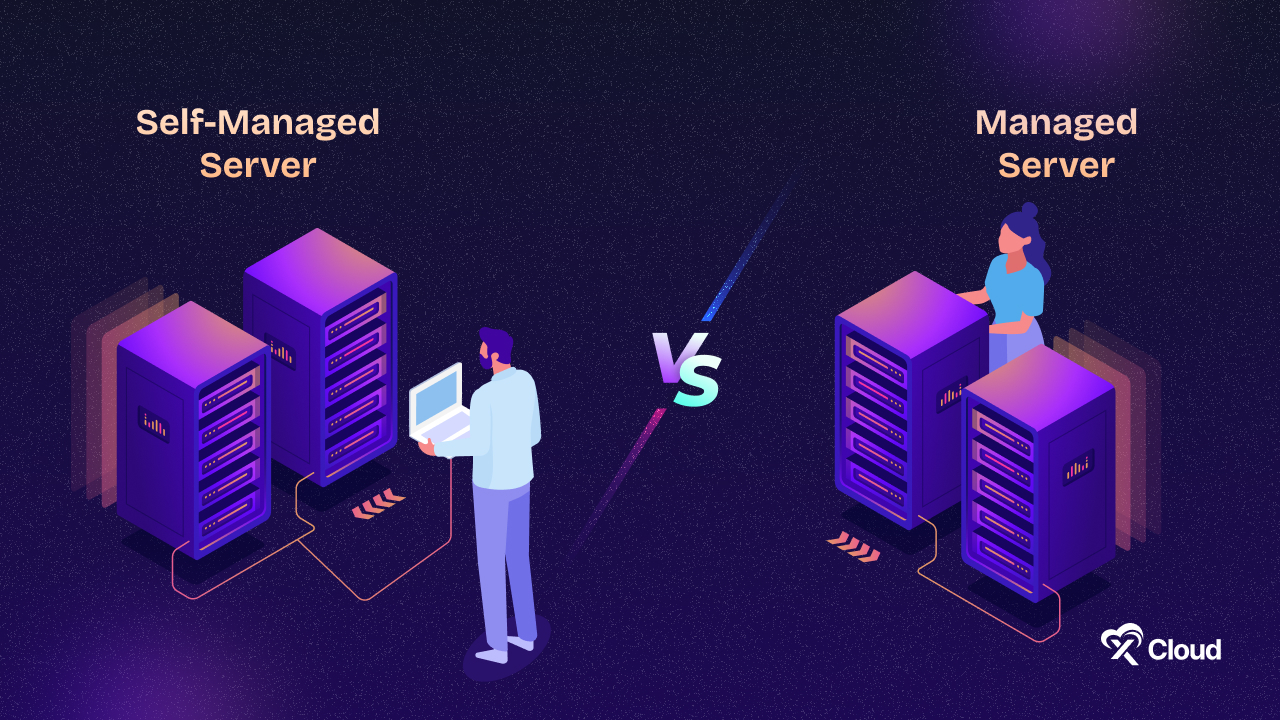
Understanding Self Managed Hosting
Self managed hosting means you are in charge of your website’s server. You rent a server from a hosting provider but handle everything else yourself. This includes installing software, managing security, and ensuring everything runs smoothly. Think of it as renting an empty house and furnishing it yourself.
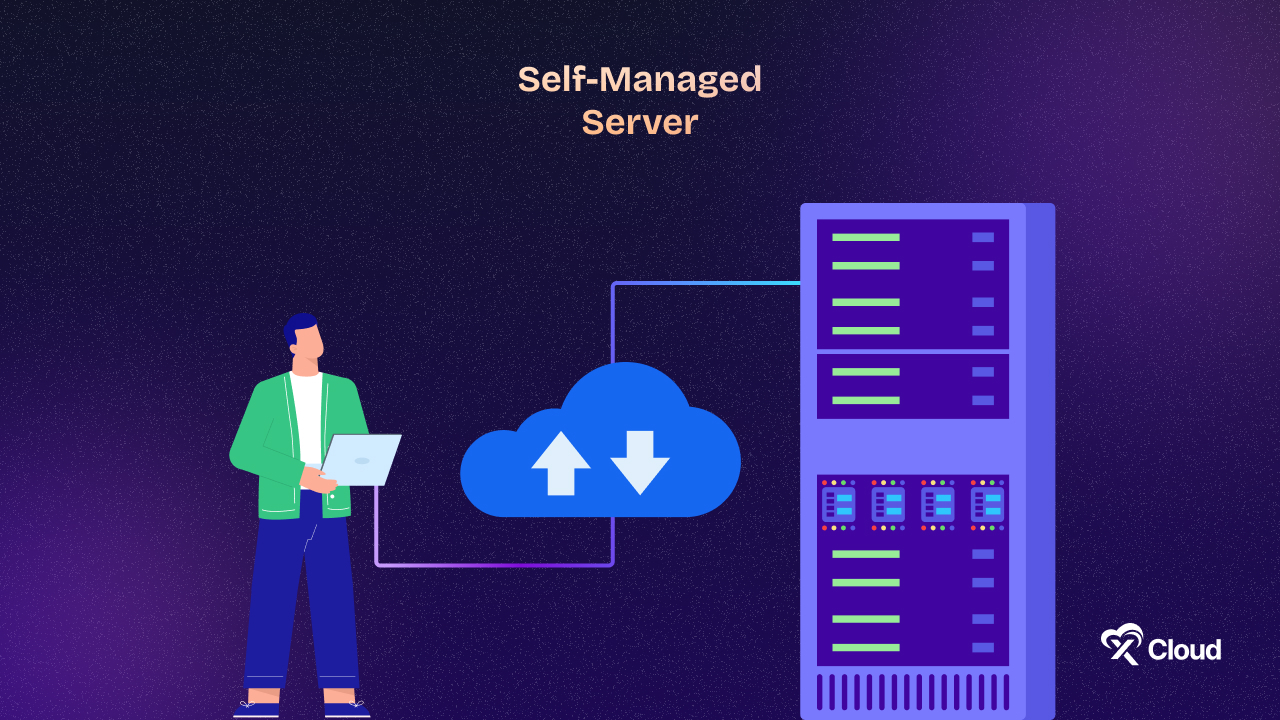
Benefits of Self-Managed Hosting
Self managed hosting gives full control over your server and which comes with lots of benefits. Let us explore some of the benefits of self managed hosting.
Cost-effectiveness: Self managed hosting is often cheaper than managed hosting because you are not paying for extra services.
Greater control: You have full control over the server. You can configure it exactly how you want, install any software, and make any changes you need.
Customization options: You can tailor the server to meet your specific needs. Whether it is performance, security, or specific functionalities, you decide what goes on your server.
Flexibility and scalability: You can easily upgrade or downgrade your server resources as needed. This flexibility is great for handling changes in website traffic and growth.
Challenges of Using Self Managed Hostings
There are some challenges to using self managed hosting as it needs more of your attention on customization and managing your servers and sites. Some of the challenges are discussed below:
Requirement for technical skills: Managing your own server requires a good amount of technical knowledge. You will need to know how to install and configure software, troubleshoot issues, and perform regular maintenance.
Increased responsibility for security and maintenance: You are responsible for keeping your server secure and up to date. This means setting up firewalls, applying security patches, and monitoring for threats.
Lack of dedicated support: If something goes wrong, you will not have a support team to help you. You will need to rely on your own skills and resources to fix any problems.
Understanding these aspects of self managed hosting can help you decide if it is the right choice for your WordPress website. If you enjoy having control and have the technical skills, it might be a great fit for you. If not, you might want to consider managed hosting instead.
Understanding Managed Hosting
Managed hosting means that your hosting provider handles all the technical tasks for you. This includes setting up the server, installing software, managing security, performing updates, and troubleshooting issues. Think of it as renting a fully-furnished house with a maintenance team on call. You get to focus on your website, while the provider handles the technical details.
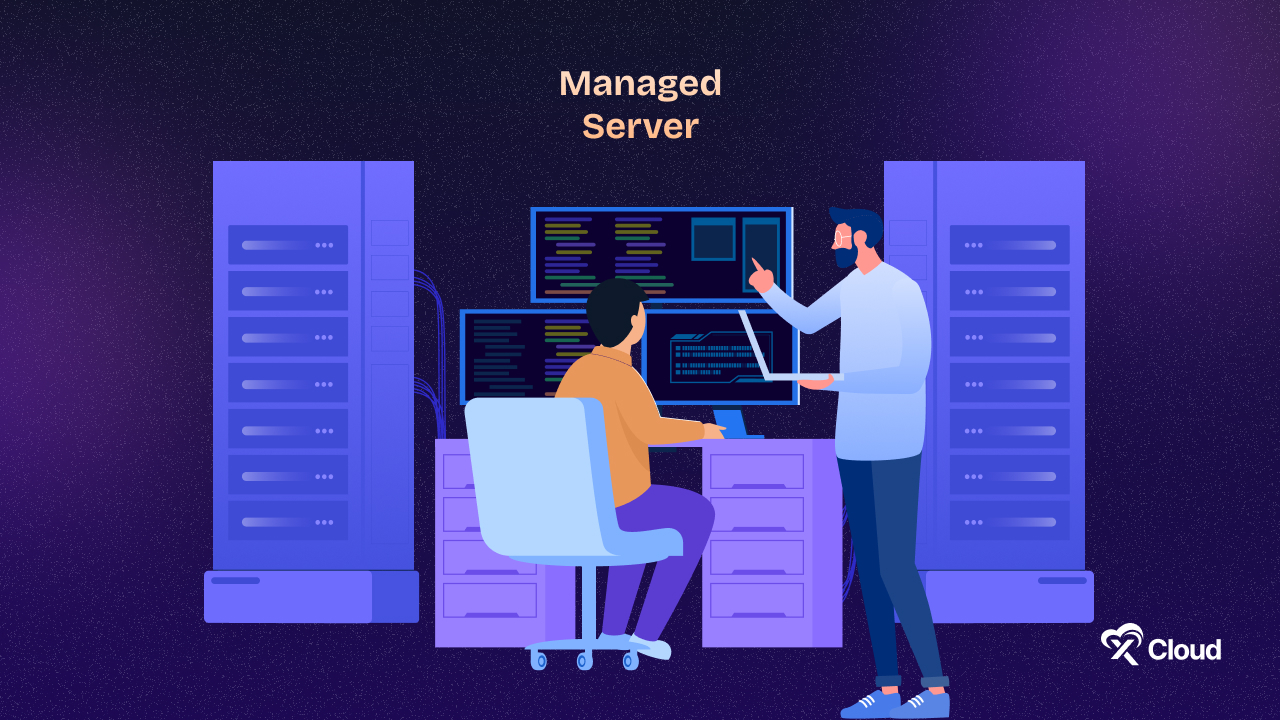
Benefits of Managed Hosting
Managed hosting comes with the benefits of maintaining a website without prior technical knowledge. Let us have a look at some of the benefits of managed hostings.
Comprehensive support and maintenance: The hosting provider takes care of everything, from server setup to ongoing maintenance. This means you have a team of experts available to help with any issues.
Enhanced security features: Managed hosting providers implement robust security measures, including firewalls, malware scanning, and automatic updates, to keep your website safe.
Better performance and reliability: Your website is optimized for speed and reliability with managed hosting. Providers use advanced technologies to ensure your site runs smoothly and efficiently.
Ease of use: Managed hosting is user-friendly. You do not need technical skills to manage your website. The provider’s support team is always there to help, making it easy to focus on your business.
Challenges of Using Managed Hosting
Managed hosting comes with challenges to hosting a site with full freedom as it is bound by some rules. Let us have a look at the challenges it comes with.
Higher cost: Managed hosting is more expensive than self managed hosting because you pay for the additional services and support provided.
Less control over server configuration: Since the hosting provider manages the server, you have limited control over its configuration. You might not be able to make specific changes or customizations.
Potential for vendor lock-in: Some managed hosting providers use proprietary systems that can make it difficult to switch to another provider if needed.
Limited customization options: Managed hosting plans often come with preset configurations, which might not meet all your specific needs. You may have to work within the constraints set by the provider.
Understanding these aspects of managed hosting can help you decide if it is the right choice for your WordPress website. If you prefer a hands-off approach and want professional support, managed hosting could be the perfect fit. If you need more control and are comfortable with technical tasks, you might consider self-managed hosting instead.
Detailed Comparison: Self-Managed vs Managed Hosting
Choosing between self managed and managed hosting depends on your needs, budget, and technical skills. Let us break down the key differences to help you decide which is right for your WordPress website.
Cost Comparison
Costing plays an important role when it comes to making decisions. A comparison between self managed and managed hosting is shown below.
| Self Managed Hosting Costs | Managed Hosting Costs |
| Cheaper upfront costs | Higher cost due to comprehensive services |
| Payment for server space and bandwidth | Payment for convenience |
| The user is responsible for security, backups, and maintenance | The hosting provider handles security, updates, backups, and performance optimization |
| Potential additional costs for security software | Higher cost covers extras |
| Time commitment for server management | Provider handles all |
| Cost-effective if possess technical skills and time to manage. | Hosting Provider Handles |
Cost Effectiveness Scenarios
Self-managed hosting is cost-effective for tech-savvy individuals or small businesses that can manage their own servers. Managed hosting is ideal for businesses needing reliable performance and security without dedicating resources to server management. The higher cost is justified by the reduced need for in-house technical expertise and time saved on maintenance.
Control And Customization
Self managed and managed hosting offer different levels of control and customization, catering to varying needs and preferences.
Hosting Control
Hosting controls over your server and how they affect your site are discussed below:
| Self-Managed Hosting Control | Managed Hosting Control |
| Complete control over your server | Less control over the server |
| Ability to install any software | The hosting provider manages the server |
| Configure settings to your liking | Ability to customize your website and use various tools |
| Fully customize the server environment | Limited server-level customization |
| Great flexibility for specific needs | Beneficial trade-off for those who prefer not to handle technical details |
| Ideal for those with technical knowledge |
Customization Capabilities
Self managed hosting allows you to tailor the server to your exact needs, making it ideal for complex or unique setups. Managed hosting offers sufficient customization for most users, but with some limitations to maintain stability and security.
Technical Skills And Support
To manage hosting you require some technical skills and for better use support from hosting providers is essential.
Technical Skills
Here are some factors to consider about technical skills needed to use self managed and managed hosting skills.
| Self-Managed Hosting Skills | Managed Hosting Skills |
| Requires a solid understanding of server management | Minimal technical knowledge is required |
| Involves installing software | Provider handles most technical aspects |
| Necessitates configuring settings | Allows focus on website content and business |
| Requires troubleshooting issues | Perfect for users who prefer a hands-off approach |
| Best suited for those comfortable with technical tasks. |
Support Levels
Managed hosting providers offer comprehensive support, including 24/7 assistance, security monitoring, and regular updates. With self-managed hosting, you’re on your own for troubleshooting and maintenance, although some providers like xCloud offer basic support.
Performance And Reliability
When using a hosting service performance and reliability comes in mind when choosing one.
Performance of Self Managed vs Managed Hosting
The difference between the two options one is controlled by a user directly and the other is decided by the hosting provider. Below table the differences in performance of self and managed hosting are shown below:
| Self-Managed Hosting Performance | Managed Hosting Performance |
| Performance depends on your ability to optimize the server | Managed hosting providers optimize servers for performance |
| Control over configurations to enhance speed and reliability | Utilize tools like CDNs and caching for fast load times and reliability |
| Requires technical knowledge | Monitor performance proactively |
| Address issues to ensure a smooth user experience |
Reliability Tools
Managed hosting often includes advanced technologies like load balancing, automatic backups, and performance monitoring, which help maintain high uptime and reliability. Self-managed hosting requires you to set up and manage these tools yourself.
Both self-managed and managed hosting have their strengths. Self-managed hosting offers greater control and customization for those with technical skills, while managed hosting provides ease of use, comprehensive support, and optimized performance for those who prefer a hands-off approach. Consider your needs, skills, and budget to choose the best option for your WordPress website.
Choosing the Right Hosting for Your WordPress Website
Selecting the right hosting for your WordPress website is crucial for its success. Here is how to assess your needs and decide between self-managed and managed hosting.
Assessing Your Needs
Before choosing a hosting plan, evaluate your website’s requirements. Consider factors like traffic volume, resource usage, and your technical expertise. High-traffic websites need robust hosting solutions with ample bandwidth and storage. If your site uses resource-intensive plugins or handles large files, you will need more server power. Assess your technical skills: are you comfortable managing a server, or do you prefer focusing on content and business growth?
When to Choose Self-Managed Hosting?
Self managed hosting is ideal in several scenarios. It is perfect for developers and businesses with unique requirements that standard hosting plans can not accommodate. Additionally, self managed hosting can be more cost-effective for those who can handle the technical aspects themselves, allowing for budget allocation to other areas of your business.
Ideal Scenarios
Self managed hosting suits you when:
- You have a background in server administration.
- Your website has unique needs requiring extensive customization.
- You are running multiple websites or applications and want full control over the server.
- You have a dedicated IT team to manage server maintenance and security.
When to Choose Managed Hosting?
Managed hosting suits those who prioritize ease of use and comprehensive support. If you lack technical skills or prefer not to handle server management, managed hosting providers offer a hassle-free experience. They handle security, updates, backups, and performance optimization, allowing you to focus on growing your website.
Ideal Scenarios:
Managed hosting is an ideal choice for you when:
- You do not have the technical expertise or time to manage a server.
- Your priority is to focus on website content and business growth rather than technical details.
- You need reliable, round-the-clock support for troubleshooting and maintenance.
- Your website experiences high traffic and you require optimized performance and security.
You can make an informed decision that ensures your WordPress site runs smoothly and efficiently by carefully assessing your website’s needs and understanding the strengths of each hosting type.
xCloud Hosting: The Ultimate Self Managed And Managed Hosting Service for WordPress
xCloud Hosting specializes in providing top-tier managed and self managed hosting solutions specifically designed for WordPress websites. This platform is tailored to meet the unique needs of WordPress users, offering unparalleled control, performance, and customization. With xCloud, you get the flexibility of both environments backed by robust infrastructure and advanced features.
Key Features And Benefits
Exceptional Performance Optimization: Servers configured for maximum WordPress speed and reliability. Fast loading times even under high traffic. Advanced pre-installed caching techniques (LiteSpeed Cache). SSD storage and high-speed network connections
Top-Tier Security: Regular updates, firewalls, malware scanning, and DDoS protection. Easy integration with popular security plugins
Managed Support: Extensive documentation and community forums. Resources to empower users to manage their server
xCloud Hosting is an excellent choice for those who want the benefits of hosting without sacrificing performance and security. xCloud provides the tools and infrastructure to support your WordPress site’s success.
Empower Your WordPress Journey: Choose Hosting That Fits
Choosing the right hosting for your WordPress website between self-managed and managed hosting, highlighting the benefits and challenges of each. Self-managed hosting offers greater control, customization, and cost-effectiveness for those with the necessary technical skills.
On the other hand, managed hosting provides comprehensive support, enhanced security, and ease of use. If you are seeking full control, hosting providers like xCloud Hosting could be the perfect fit. Ultimately, the right hosting plan ensures your website runs smoothly and efficiently, supporting your online success.
Want to read more informational blogs like this one Subscribe to our blogs. Join our Facebook Community to reach more interesting people like you and share your experience.








